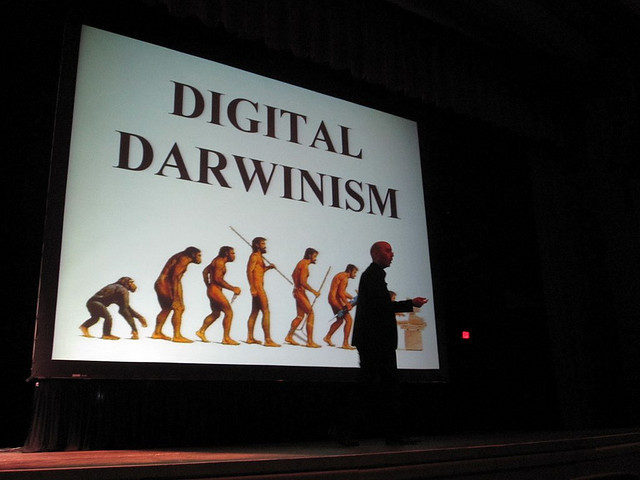Yes Technology Does Liberate Human Capital. The Future Of Work Is Here.
/In a recent Wall Street Journal opinion piece, How Technology Liberates Human Capital, Michael Milken and Igor Tulchinsky posit that digital innovation, artificial intelligence and robots are opening new possibilities for workers across the U.S. economy. I agree and it isn't just happening in the U.S. While rapid change will be a painful process for some, in the end the future for humans is not being displaced by technology but instead interacting with technology to unleash human creativity, experience and insights . Technology is really a job creation machine; they're just new kinds of jobs.
A key challenge for industries, like health and fitness, medical, legal, finance and more, is understanding this change is already underway and therefore people need to evolve their skills and perspectives to take advantage of new opportunities. Business models need to reinvent themselves as well with this in mind. Innovation starts with me and you grasping this new era as an opportunity to leverage human capital.
McKinsey Global Institute reported in January of 2017 that almost half of paid work can be automated today with current technologies. Yet, 2 million manufacturing positions will go unfilled in the next 8 years according to Deloitte Consulting. This as a result of the "GAP" between employee skills and workplace needs and its just beginning. As hardware becomes cheaper and software become smarter the effects will continue to change industries and work itself.
So what should you and I do about it ? First, stay informed. Read books like Leading Digital , Digital Sense , The Second Machine Age , and The Inevitable. Follow credible thought leaders on Twitter. Listen to great podcasts. Second, start thinking about your organization, career, and life with a 3-5 year minimum perspective. In other words what you are experiencing today will be vastly different in a 3-5 year window. Make sure you are preparing yourself with education and continue to upgrade your skills and knowledge. Finally, seek to align with organizations and people that see this future coming and have adopted or are adopting new paradigms of the future of work. Surrounding yourself with advocates and industry experts who are talking the new talk will help you embrace the upside of disruption. For my latest on how this is impacting the health club and fitness industry checkout my EHFF 2017 and my IHRSA 2017 presentations and more.
Bryan O’Rourke is a #CEO, #board member, #advisor, #keynote #speaker, #author and #investor, who has successfully expanded global brands for over 30 years. He is widely published and quoted in periodicals like Inc. Magazine, the Wall Street Journal and the New York Times on consumer, technology and fitness industry trends and is CSO of a well known Houston based health club chain. He and his partners launched Vedere Ventures, a boutique private equity firm in 2016 . Bryan along with the Fitness Industry Technology Council support the Fitness + Technology Podcast . Check it out today. Get his recent book the 9 Partnership Principles written with his partner Robert Dyer and other top fitness industry leaders. Bryan also released with Europe Active the bookCustomer Engagement and Experience In The Fitness Sector. To learn more visit bryankorourke.com or follow him @bryankorourke .












